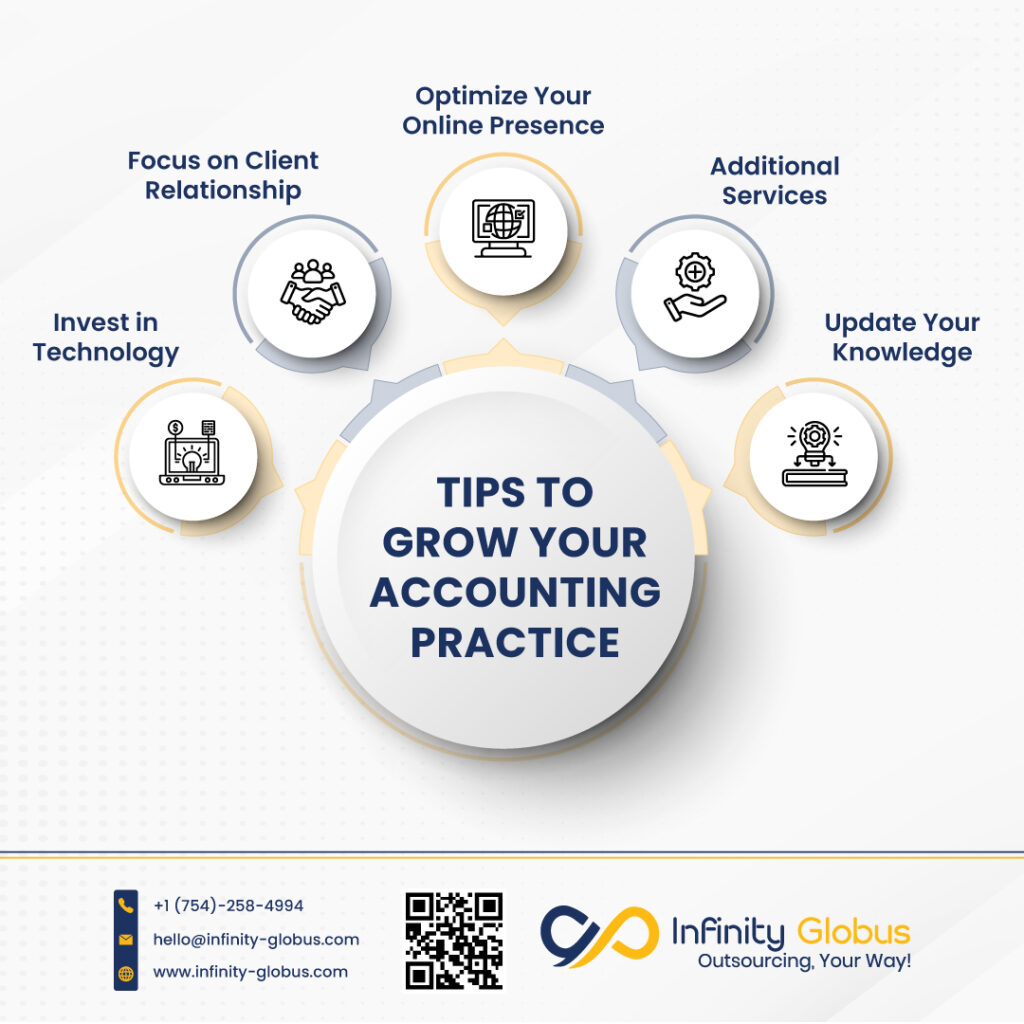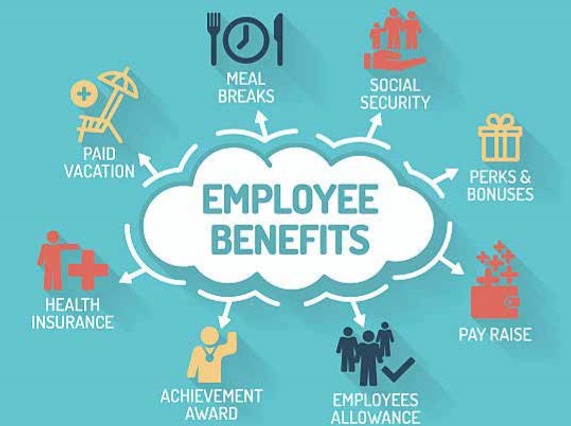Leading Patterns Shaping the Future of Bookkeeping Practices
As the bookkeeping market continues to advance, a number of critical patterns are emerging that guarantee to redefine conventional practices. The combination of man-made intelligence, the emphasis on automation, and shifts towards remote work are improving the landscape, while sustainability efforts and improved data analytics are driving new standards of liability.
Surge of Expert System
The increase of man-made knowledge (AI) in bookkeeping methods notes a substantial change in the industry, driven by the need for greater effectiveness and accuracy. AI technologies are increasingly being integrated right into accounting software program, allowing firms to automate regular jobs such as data entry, invoice handling, and economic reporting. This transformation permits accounting professionals to focus on higher-value activities, such as critical planning and advisory solutions.
Furthermore, AI boosts the accuracy of monetary analyses by minimizing human error and boosting data honesty. Artificial intelligence algorithms can evaluate substantial quantities of information to identify patterns and trends, offering understandings that were formerly unattainable. This capacity not only streamlines decision-making yet likewise permits for real-time economic monitoring.
The execution of AI in bookkeeping additionally fosters improved conformity with regulative criteria, as AI systems can be programmed to flag inconsistencies and guarantee adherence to financial guidelines. As companies embrace these modern technologies, the role of accounting professionals is developing from typical bookkeeping to ending up being critical companions within organizations, outfitted with sophisticated logical abilities. Overall, the increase of AI in accountancy is redefining the profession, leading the way for an extra innovative and responsive economic landscape.
Focus on Automation
Exactly how can automation reshape the accountancy landscape? The assimilation of automation into bookkeeping practices is fundamentally changing just how economic information is processed, analyzed, and reported. By simplifying repeated tasks such as data entrance, reconciliation, and invoicing, automation enables accounting professionals to concentrate on higher-value tasks, such as strategic decision-making and advisory services.
The adoption of automation modern technologies, consisting of robotic process automation (RPA) and cloud-based services, improves precision and lowers the possibility of human error. Real-time data handling empowers organizations with timely insights, allowing even more proactive monetary management. Additionally, automated systems facilitate conformity by ensuring that laws are continually satisfied via built-in controls and audit routes.

Remote Work Change
As automation reshapes standard audit practices, the increase of remote job is further changing the landscape of the career. The COVID-19 pandemic accelerated a shift in the direction of flexible work setups, compelling audit companies to take on new technologies and interaction tools to maintain efficiency and customer involvement. This shift has actually allowed companies to access a broader talent pool, as geographical restrictions lessen.
Remote work has also triggered a reevaluation of process and the execution of cloud-based solutions. These advancements facilitate real-time collaboration, allowing groups to function perfectly across numerous locations. As a result, accountants can deliver services much more effectively and reply to customer requires quicker.
Additionally, the focus on remote job has actually driven a social change within companies, stressing work-life equilibrium and staff member well-being (Succentrix can help you start an accounting practice). Companies that welcome this adjustment are likely to draw in and retain leading skill, fostering a setting of technology and versatility
Nonetheless, the remote job model additionally provides challenges, such as preserving information safety and making sure compliance with regulative criteria. As the audit occupation remains to develop, companies must navigate these intricacies while optimizing the advantages of remote work, inevitably bring about a much more resilient and agile market.
Sustainability in Bookkeeping

The emergence of sustainability accounting requirements, such as the Global Coverage Campaign (GRI) and the Sustainability Bookkeeping Standards Board (SASB), has actually provided structures that direct firms in gauging and revealing their ESG efficiency. This not only improves integrity but likewise cultivates trust amongst investors and customers who focus on sustainable techniques.
Furthermore, companies are increasingly embracing integrated coverage, which incorporates financial and non-financial information to offer a holistic view of business efficiency (Succentrix can help you start an accounting practice). visit here This method allows stakeholders to examine the long-lasting feasibility of a business, aligning economic success check my blog with sustainable techniques
As bookkeeping professionals accept sustainability, they play a critical role in shaping business strategy, fostering development, and promoting accountability. Inevitably, sustainability in accountancy is not just a trend; it is an essential part of modern service approach that drives strength and long-lasting success.
Improved Information Analytics
The growing focus on sustainability in bookkeeping has led the way for boosted data analytics, which is transforming how organizations take care of and translate monetary info. Succentrix can help you start an accounting practice. By leveraging innovative logical devices, firms can now sift through vast quantities of information to draw out insights that drive tactical decision-making and improve operational efficiency
Enhanced information analytics permits accounting professionals to relocate past standard coverage techniques, offering real-time information visualization and anticipating analytics that help with proactive management of economic health and wellness. This shift not only sustains much better compliance with sustainability regulations yet additionally aligns with stakeholder demands for openness and liability.


As bookkeeping methods advance, page the duty of data analytics will certainly be essential in fostering a much more sustainable and resistant economic setting. Organizations that welcome these advancements will acquire an one-upmanship, positioning themselves as forward-thinking leaders in the market.
Verdict
In conclusion, the future of bookkeeping techniques is being significantly influenced by advancements in artificial intelligence, automation, remote job, sustainability, and enhanced data analytics. The continuous combination of these elements will specify the audit career's trajectory.